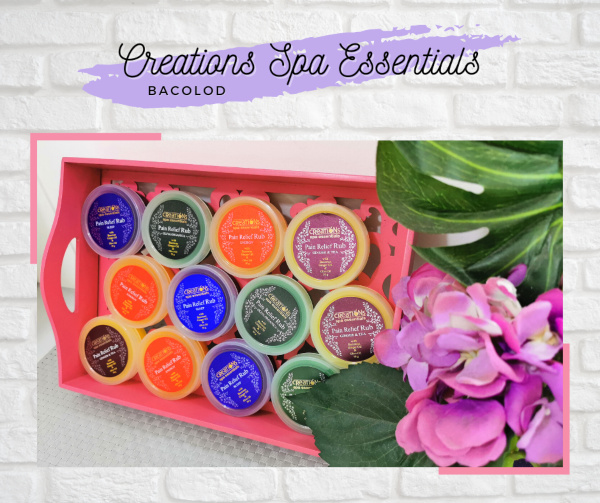Encouraging Your Budding Musician
Does your child show interest in what he hears at an early age? You will notice this when his head turns if he hears music that he likes. Or gets excited when he leafs through a magazine and sees a picture of a piano or a rockstar in concert. Your child’s interest in music becomes even more evident when you see him playing with an object like a musical instrument. Whatever his musical inclination, you should stimulate his interest.

The role of a parent in introducing music to the child is a vital component for a holistic learning experience. You are part of the process as nurturer, disciplinarian and muse to your child. His environment should not be confrontational or judgmental. It should be a comfortable atmosphere that should stimulate his innate curiosity.
A child is naturally inquisitive so it’s best for you to be part of his journey.
For your musical genius:
- Expose your child to toys, interactive objects, books, CDs and other music learning materials.
- Immerse your child in the craft by allowing him to play with musical instruments often.
- Encourage your child to read and research on the favorite music genre, performers and composers.
- Explore various teaching options. The Suzuki method starts a child on piano and string instruments like violin, cello and viola as early as two years old. The Orff method is designed for a group class like kindergarten and uses percussion instruments that is integrated with storytelling and acting.
- Let your child freely choose which instrument he prefers to play as he will obviously be more committed to choices he makes on his own.
- Recitals or performances on stage stimulate excitement for your child. He gets to dress up for an event that showcases his talent to a large audience. He will love and appreciate the people who cheer him.
Music may sometimes exhaust your child so monitor how he deals with this new facet in his life. To continually stimulate his motivation, reward him for a good performance. Music may also alienate your child from his peers in school or neighborhood so let him take part in social music activities. Playing in ensemble or singing in a choir may balance music with his social life that contribute to a holistic learning experience.
But whether or not your child turns out to be the music industry’s next protégé, fill your home with music. This will help him express emotions better, develop self-esteem and provide an enjoyable backdrop for his overall learning development.





